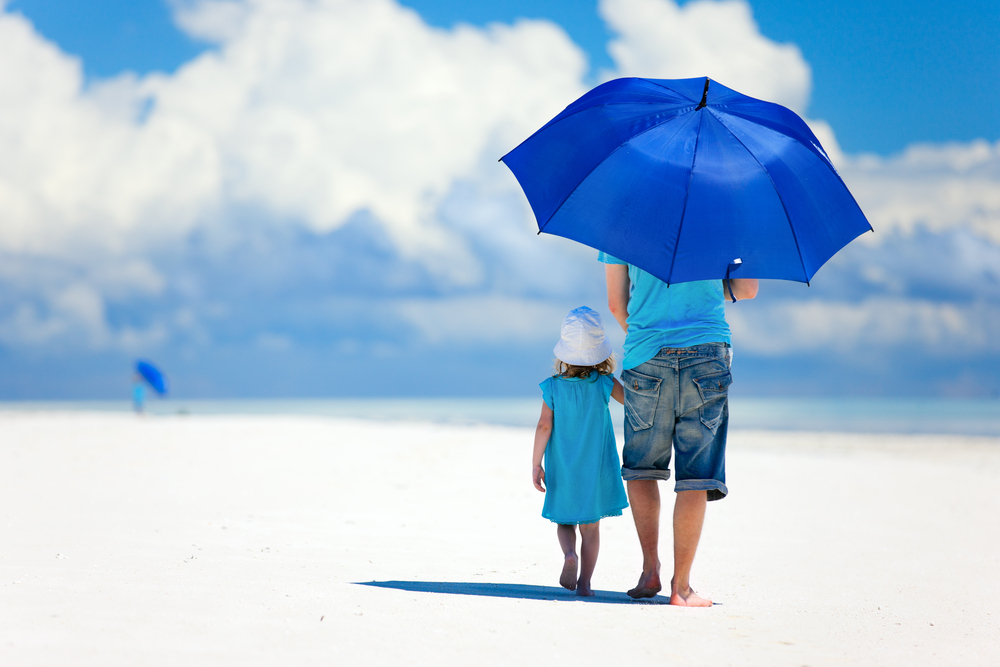Is Recreational Travel Back To Pre COVID-19 Pandemic Level?
Posted by ecostinger on 9th Sep 2022
Now that it's been 2 years since the pandemic first struck, many countries are easing travel restrictions, especially for international destinations. But to understand exactly the difference between health recommendations and safety requirements is always a matter of which destination is calling for travel warnings. Here is what you need to know before traveling on your next holiday trip.
Many people traveling from Europe have been subjected to restrictions on international travel due to their Covid-19 status. According to the CDC , the recent requirement no longer restricts passengers from air flights if they are Covid positive. For all domestic travelers who are from the US, the requirements are slightly different according to the country that you’re traveling to.
Since each country will have different rules on what is required, proof of vaccination or a recent Covid test may be required. Needless to say, many of the international travel rules have been reduced back to pre Covid 19 pandemic levels. A quick check of the country that you want to travel to will tell you right away what you need to show- at the airport or when you go through passport check-in.
ARE PEOPLE MORE CONFIDENT TO TRAVEL AFTER 2 YEARS OF LOCKDOWNS?
The long-term effects of what Covid-19 has done to many people is not a well-researched area, but looking back at the last two years during the pandemic does tell a lot about travel confidence. This has mainly been the cause and effect of worry and fear that came from endless lockdowns and continual restrictions on any kind of recreational travel. Even though the restrictions are now lifted, psychological fear is not easy for those with anxiety to handle for many people.
Often it seems, there are many more fears of being exposed to new Covid-19 [https://www.psycom.net/holiday-travel-anxiety-pandemic-tips] variants which could be exposed to you while visiting an international destination. This does not mean that this has stopped many who are determined to go on vacation anyway. Anyone who has been vaccinated and is taking health precautions will be just fine.
ARE MOST INTERNATIONAL DESTINATIONS SAFE TO TRAVEL TO?
All throughout Europe, the attitude toward Covid-19 is very different. With a few exceptions including the UK, Australia, and New Zealand, the lockdown situation has gone out of control creating a constant fear of spreading the virus. Most of Europe does have a different approach to how best to control the spread of Covid-19. Because of this rational approach to understanding how influenza viruses work, simple health and sanitation precautions prevent future lockdowns.
Because of this, many international destinations are 100% safe to travel to unless there are last-minute travel advisories. Anything outside of Europe should always be researched beforehand since there can be a lack of proper vaccinations and widespread pockets of Covid-19 cases.
DID PEOPLE'S TRAVEL BEHAVIOR AND DESTINATIONS CHANGE DUE TO COVID-19?
People have indeed had a behavior change when considering any kind of holiday travel. Many of the underlying fears of being exposed to new Covid variants or subjected to restrictions if you aren't vaccinated are certainly a hot topic. Many countries still require vaccination cards and recent Covid testing results which will be difficult for some holiday travelers and may encourage them to seek different destinations with less restrictions.
TRAVEL SAFELY
regardless of the destination and travel plans, always remember to stay safe when traveling and enjoying your recreational outdoor activities, always make sure you and your loved ones are protected against the sun UV radiation; wearing sun protective swimwear and applying sunscreen on exposed skin can go a long way in providing adequate skin protection especially when spending long hours on the beach; sun protective swimwear can also protected against Jellyfish stinger, sea lice and sandlfies.

